da achi soheib mancano 2 anni
225
Curriculum Planning Approaches
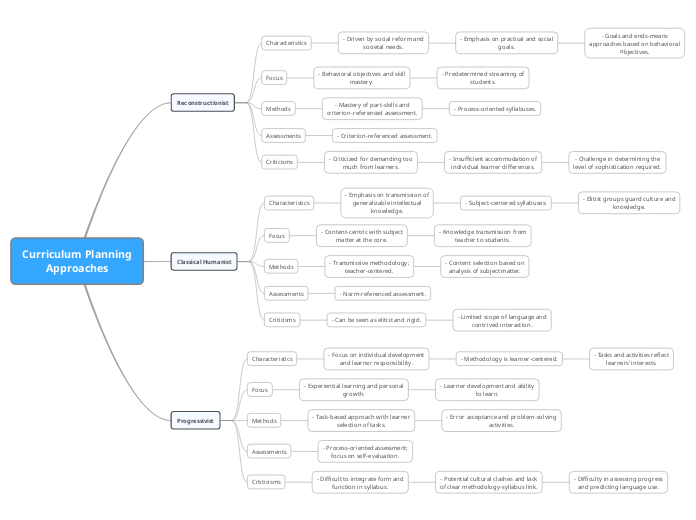
da achi soheib mancano 2 anni
225

Più simili a questo
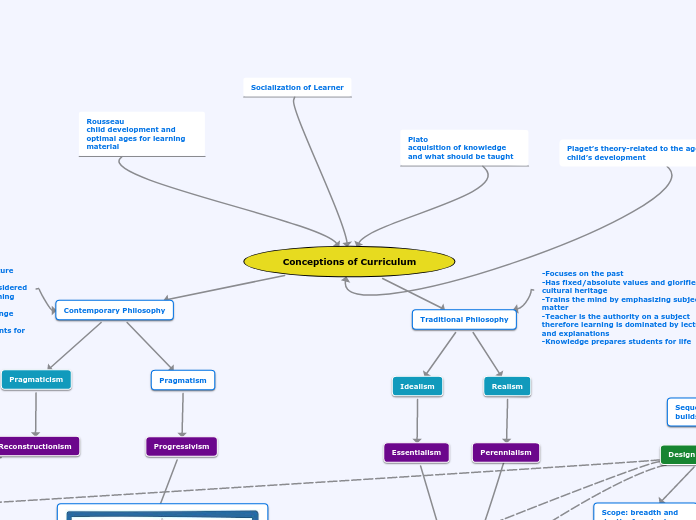

da olivia dicostanzo
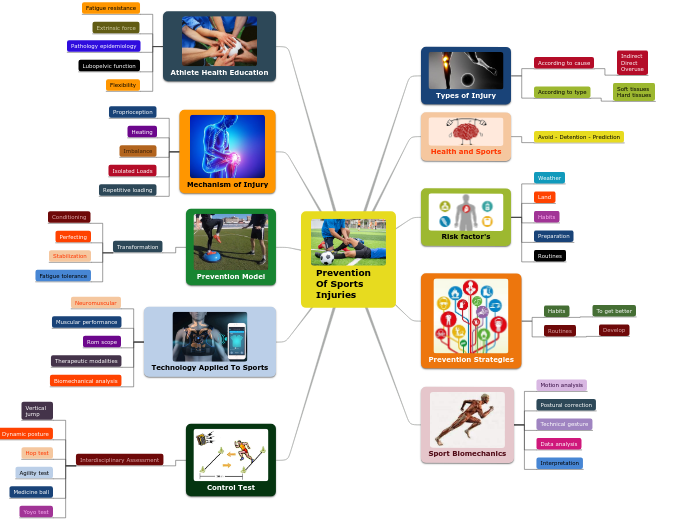

da Sergio Nicolas Wilches Coronado
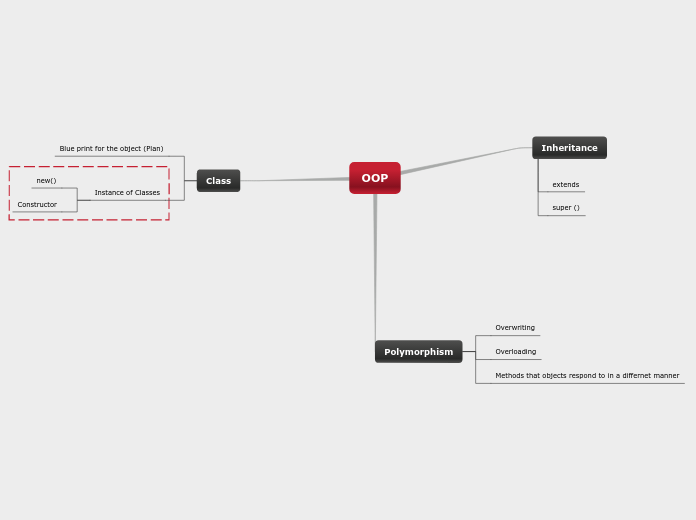

da Vassilis T
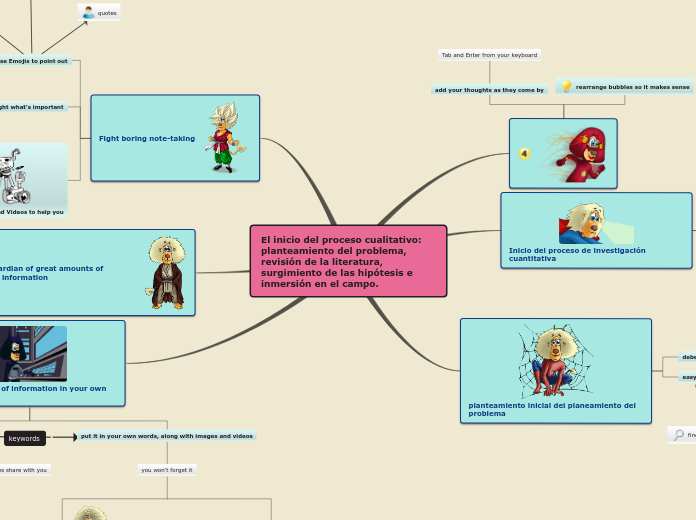

da Leyla Izaguirre
- Potential cultural clashes and lack of clear methodology-syllabus link.
- Difficulty in assessing progress and predicting language use.
- Error acceptance and problem-solving activities.
- Learner development and ability to learn.
- Methodology is learner-centered.
- Tasks and activities reflect learners' interests.
- Limited scope of language and contrived interaction.
- Content selection based on analysis of subject matter.
- Knowledge transmission from teacher to students.
- Subject-centered syllabuses.
- Elitist groups guard culture and knowledge.
- Insufficient accommodation of individual learner differences.
- Challenge in determining the level of sophistication required.
- Process-oriented syllabuses.
- Predetermined streaming of students.
- Emphasis on practical and social goals.
- Goals and ends-means approaches based on behavioral objectives.